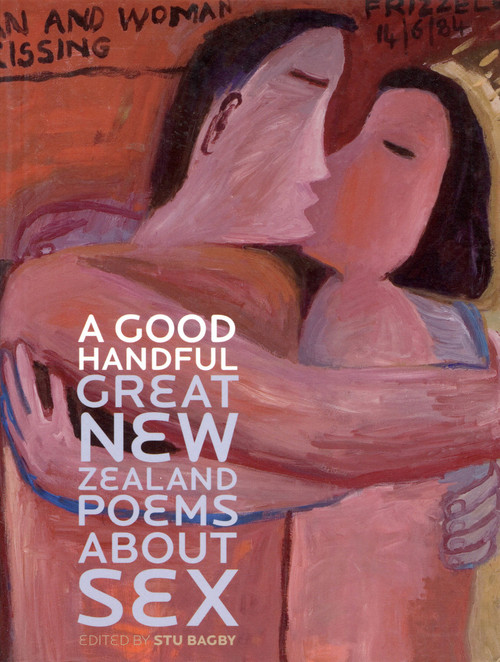
Good-bye Maoriland: The Songs and Sounds of New Zealand's Great War
Chris Bourke
A journey inside the heart of New Zealand’s World War I experience through song.
They left their Southern Lands,
They sailed across the sea;
They fought the Hun, they fought the Turk
For truth and liberty.
Now Anzac Day has come to stay,
And bring us sacred joy;
Though wooden crosses be swept away –
We’ll never forget our boys.
– Jane Morison, ‘We’ll never forget our boys’, 1917
Be it ‘Tipperary’ or ‘Pokarekare’, the morning reveille or the bugle’s last post, concert parties at the front or patriotic songs at home, music was central to New Zealand’s experience of the First World War. In Good-Bye Maoriland, the acclaimed author of Blue Smoke: The Lost Dawn of New Zealand Popular Music introduces us the songs and sounds of World War I in order to take us deep inside the human experience of war.
Author
More about Chris Bourke
Extract
Read an extract here
Awards and Nominations
Winner – 2018 IASPM-ANZ Rebecca Coyle Prize – Good-bye Maoriland: The Songs and Sounds of New Zealand’s Great War, Chris Bourke
Longlisted – Illustrated Non-Fiction Award – 2018 Ockham New Zealand Book Awards
Reviews
Chris Bourke’s Good-bye Maoriland is an impeccably researched account of the influence of music in World War I – from military bands and concert parties to Māori music and patriotic song writing. Profusely illustrated and highly readable, it will attract anyone interested in war and the cultural history of New Zealand. – Lieutenant Colonel (Retired) Christopher Pugsley, ONZM, DPhil, FRHistS
The words of the men and women are so skilfully woven into Good-bye Maoriland’s narrative that they come to life on the page. The fantastic images add immeasurably to the book’s scope and importance. The book is imaginative, poignant and powerful. – Peter Downes, music and theatre historian
The cast are outlandish and ordinary, and not our usual World War I types: the wonderful Dave Kenny, six foot tall and 15 stone, floating onto the stage in a short muslin dress and a golden wig; and the more petite Stan Lawson performing as a femme in a concert party in front of Premiere William Massey in France, convincing enough to make the Tommies ask where the “real girl came from” and to make the New Zealanders homesick. And, the heart and soul of any show he was in, Theo Trezise, the sapper who created magic in his silk tights and sparkling head-dress. - Kate Hunter, Director of the Stout Research Centre at Victoria University of Wellington




